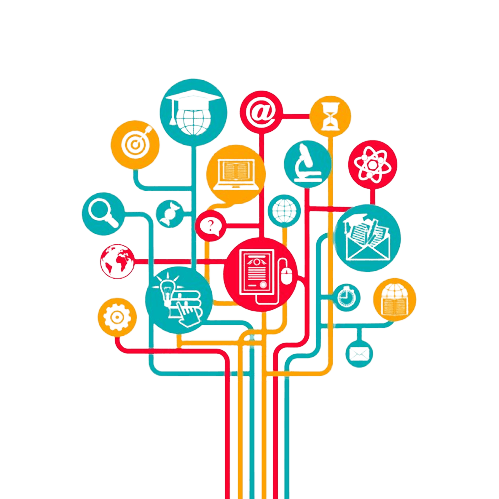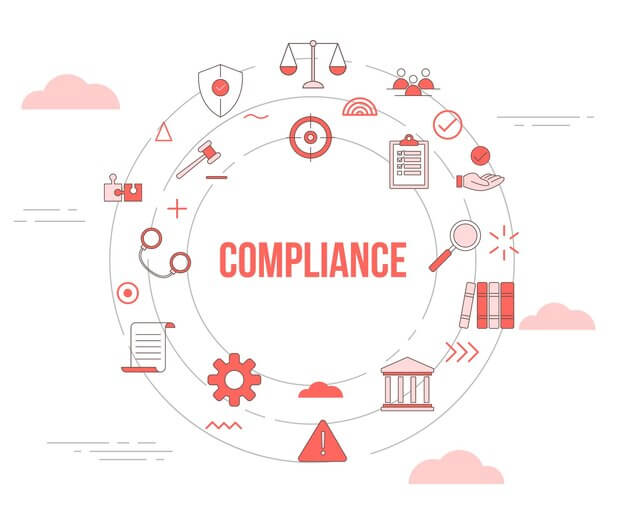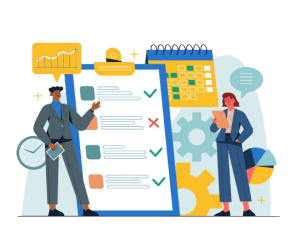- Home »
- ERPNext »
- Industry »
- Educational »
Educational
Enhancing Educational Excellence: How ERP Systems Revolutionize Today's Educational System

In the ever-evolving landscape of education, schools, colleges, and universities are facing unprecedented challenges. The demand for efficient, streamlined operations, data-driven decision-making, and improved student outcomes has never been higher. Enter Enterprise Resource Planning (ERP) systems, which have emerged as transformative tools to address these challenges and reshape the educational ecosystem.
Centralized Data Management
ERP systems provide educational institutions with a centralized platform to manage vast amounts of data. This includes student records, academic performance, financial transactions, and administrative information. With all data accessible from a single interface, educational staff can easily retrieve, update, and analyze information, leading to quicker decision-making and improved efficiency. This consolidation of data simplifies administrative tasks and streamlines access to student records, faculty information, financial data, and more. With centralized data management, educational institutions can maintain accurate and up-to-date records, improving data integrity and security while facilitating informed decision-making and compliance with data protection regulations.


Academic Planning and Management
ERP systems enable institutions to design, manage, and monitor academic programs and curricula effectively. Educators can access course materials, assignments, and assessment data in real-time, enabling them to tailor their teaching methods to meet the needs of individual students. This personalized approach enhances the learning experience. These features enable curriculum planning, class scheduling, and faculty allocation. Academic planning modules assist institutions in aligning course offerings with student demand and academic goals, ensuring that courses are well-structured, faculty resources are optimized, and students have access to a diverse and comprehensive curriculum.
Student Performance Tracking
ERP systems empower educators to closely monitor student progress, identify at-risk students, and implement timely interventions. These systems use data analytics to predict and prevent academic challenges, ultimately improving retention rates and graduation outcomes. Educational institutions can use these features to identify struggling students early, provide timely support, and implement data-driven teaching strategies to enhance student outcomes. Real-time access to student performance data enables educators to tailor their instruction and interventions for better results.
Streamlined Administrative Processes
ERP systems automate and optimize administrative tasks such as admissions, registration, and fee management. This reduces the administrative burden on staff, minimizes errors, and ensures a smoother experience for students and parents. Moreover, ERP systems can generate real-time reports and dashboards, offering valuable insights into institutional performance. Administrators can access information quickly, respond to student inquiries promptly, and improve overall administrative effectiveness, ensuring that educational institutions can operate smoothly and provide an excellent student experience.


Campus Resource Optimization
Efficient resource allocation is essential for educational institutions. ERP systems assist in optimizing resources, including classrooms, faculty, and equipment, to ensure maximum utilization. This not only reduces operational costs but also enhances the overall learning environment. These tools assist in classroom and resource scheduling, ensuring that facilities are utilized optimally, and faculty workloads are balanced. This optimization results in cost savings and improved resource allocation, contributing to a more sustainable and efficient campus environment.
Alumni Engagement and Fundraising
ERP systems can help institutions maintain strong connections with alumni, fostering a sense of community and support. They also assist in fundraising efforts by tracking donor contributions, managing campaigns, and ensuring transparent financial stewardship. By nurturing alumni relationships and streamlining fundraising efforts, educational institutions can generate financial support, strengthen their networks, and enhance their long-term sustainability.
Enhanced Communication and Collaboration
ERP systems facilitate seamless communication and collaboration among stakeholders. Teachers, students, parents, and administrators can interact through integrated communication channels, fostering better engagement and transparency. This enhanced connectivity results in improved relationships and a more inclusive educational environment. Features such as messaging systems, discussion forums, and collaboration tools enable seamless information exchange, improving coordination and teamwork. Enhanced communication and collaboration foster a sense of community within educational institutions and support effective knowledge sharing.


Scalability and Adaptability
As educational institutions grow and evolve, ERP systems can scale to accommodate changing needs. They offer the flexibility to integrate new technologies and adapt to evolving educational trends, ensuring long-term sustainability. Institutions can easily scale their ERP solutions to accommodate growth or adapt them to changing requirements. Whether an institution is small or large, public or private, educational ERP systems provide the flexibility to meet evolving needs and support diverse educational models.
Compliance and Reporting
Educational institutions must adhere to various regulations and reporting requirements. ERP systems automate compliance monitoring and reporting processes, reducing the risk of non-compliance and associated penalties. This ensures that institutions remain in good standing with accrediting bodies and government agencies. Educational ERP systems include robust compliance and reporting capabilities to help institutions meet regulatory requirements and generate insightful reports. These features enable institutions to track compliance with accreditation standards, financial regulations, and student data privacy laws.
Financial Management and Budgeting
ERP systems provide comprehensive financial management tools, helping educational institutions manage budgets, allocate resources efficiently, and track expenses. Financial transparency and accountability are crucial in the education sector, and ERPs ensure that funds are used optimally to support academic initiatives. Budgeting is a vital aspect of financial planning in educational institutions, and ERPNext simplifies this process. The system allows institutions to create, manage, and monitor budgets for various departments and projects. Real-time budget tracking helps institutions control spending, allocate resources effectively, and ensure funds are allocated in alignment with institutional goals.


